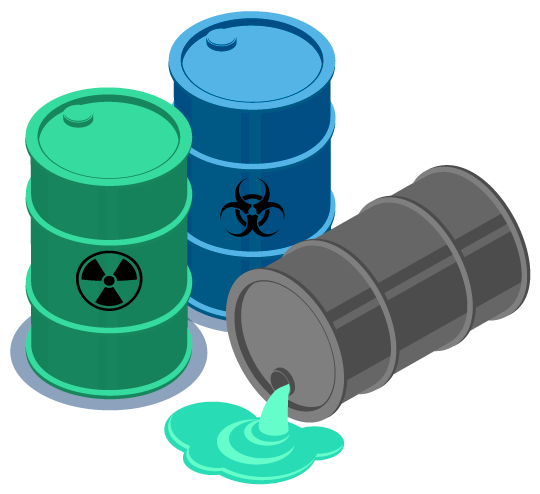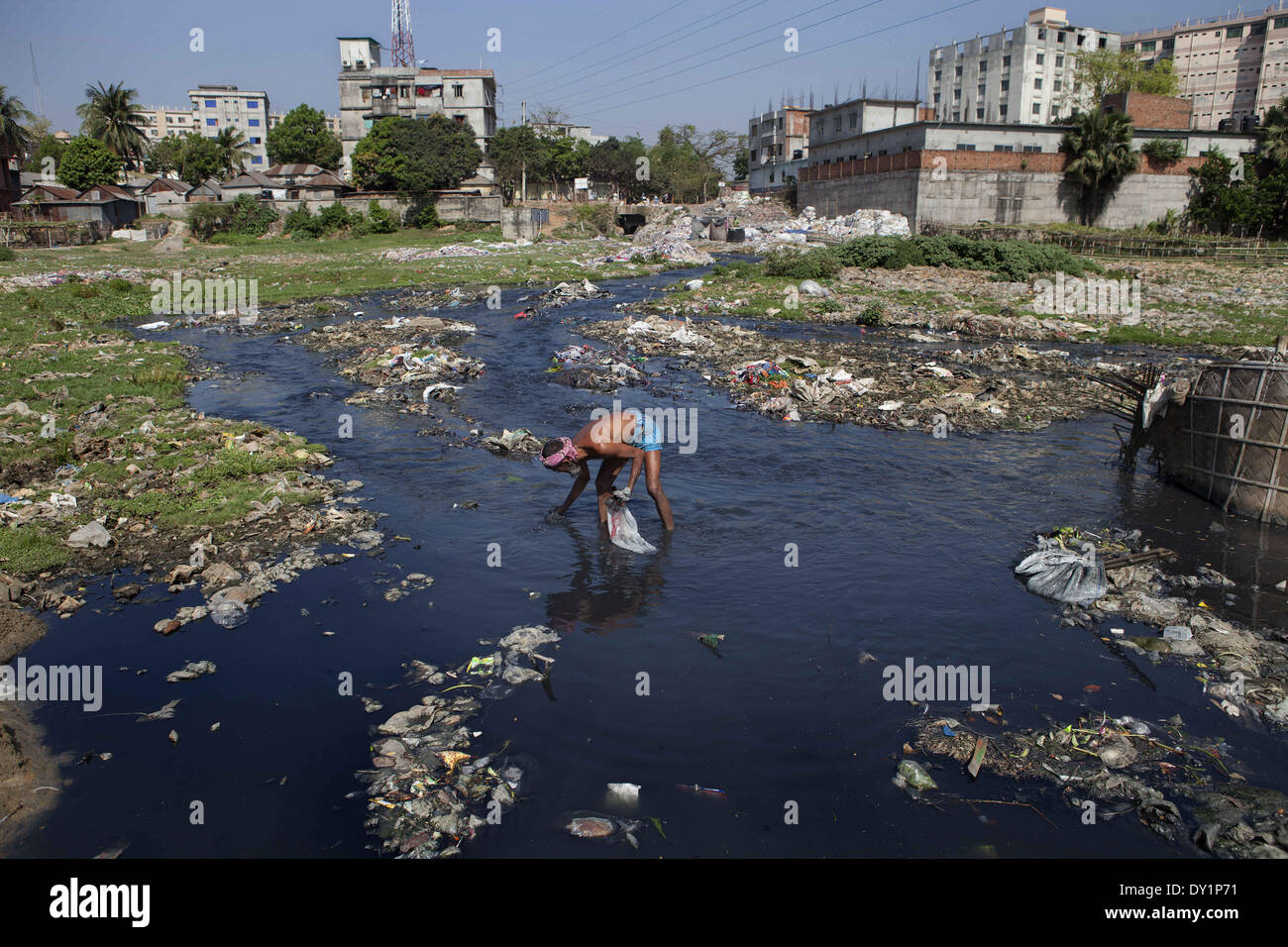Understanding the Comprehensive Process of Liquid Waste Disposal: Finest Practices and Environmental Impact Factors To Consider
The administration of liquid waste disposal is a complex concern that calls for a complete understanding of numerous best methods and their connected ecological influences. From the types of fluid waste produced to the approaches used for collection, therapy, and last disposal, each action plays an essential role in securing communities and public health.
Kinds of Fluid Waste
Understanding the different types of fluid waste is essential for reliable management and disposal practices. Liquid waste can be extensively categorized right into several kinds, each needing special handling and therapy methods.
Industrial liquid waste frequently contains hazardous products, including hefty steels, solvents, and chemicals, produced throughout producing procedures. These wastes demand stringent governing conformity to shield human wellness and the environment. Domestic fluid waste primarily refers to wastewater generated from houses, including sewage and greywater, which, although less poisonous, can still position considerable dangers if improperly managed.
Agricultural fluid waste, including overflow from farms, typically contains plant foods and chemicals that can cause environmental deterioration if not dealt with adequately. Medical fluid waste, produced from healthcare centers, consists of infected fluids such as physical fluids and chemicals, needing specialized disposal approaches to prevent infection and environmental contamination.
Finally, oil and oil waste, usually produced by dining establishments and vehicle industries, can cause serious obstructions in sewage system systems if not taken care of correctly. Comprehending these groups facilitates targeted techniques for treatment, compliance with laws, and effective disposal methods, inevitably advertising ecological sustainability and public health safety.

Collection Techniques
Effective collection approaches are critical for the proper administration of fluid waste, making sure that it is gathered securely and effectively prior to treatment or disposal. Different strategies are used depending on the sort of liquid waste produced, the volume, and the specific qualities of the waste.
One usual technique is the usage of specialized collection tanks or sumps, which are designed to catch liquid waste at the source. These systems commonly include pumps that promote the transfer of waste to larger storage containers or treatment facilities. Additionally, mobile collection units equipped with vacuum innovation are employed in situations where waste is created intermittently or in hard-to-reach areas.
For commercial settings, closed-loop systems can effectively reduce spills and leaks, enabling the healing and reuse of fluid waste. It is likewise important to train workers on appropriate collection procedures to mitigate risks related to hazardous compounds.
Moreover, carrying out normal upkeep routines for collection equipment ensures optimal efficiency and security. The combination of advanced monitoring systems can enhance collection efficiency by giving real-time information on waste levels and potential risks. In general, efficient collection techniques are foundational to sustainable liquid waste administration methods.
Therapy Processes
Therapy procedures play an important role in the management of liquid waste, transforming potentially dangerous products right into reusable resources or secure effluents - liquid waste disposal. These processes can be broadly categorized into physical, chemical, and organic methods, each tailored to deal with specific pollutants existing in the waste stream
Physical therapy methods, such as sedimentation and filtration, work by removing put on hold solids and particle matter. These techniques are frequently the initial step in the treatment chain, effectively lowering the tons on subsequent procedures. Chemical therapies entail using reagents to neutralize damaging substances, speed up hefty metals, or oxidize natural contaminants, thus enhancing the safety of the effluent.
Organic treatment processes, including activated sludge systems and have a peek at these guys anaerobic digestion, take advantage of the natural capabilities of bacteria to weaken natural issue. These approaches are specifically effective for wastewater having biodegradable toxins. Advanced treatment modern technologies, such as membrane layer filtration and progressed oxidation processes, are progressively utilized to accomplish greater degrees of purification.
Including a combination of these treatment methods not just guarantees compliance with regulatory standards however also promotes ecological sustainability by recouping valuable sources from liquid waste.
Disposal Options
Just how can organizations make certain the safe and accountable disposal of liquid waste? Effective disposal choices are crucial for safeguarding public wellness and the environment. The primary techniques include land disposal, incineration, and treatment adhered to by discharge into municipal wastewater systems.
Land disposal involves the cautious visit control of liquid waste in assigned garbage dumps, making certain that it does not leach right into bordering dirt or water. Incineration, on the various other hand, topics liquid waste to high temperature levels, converting it into ash and gases, which need correct purification to lessen discharges. This approach appropriates for unsafe wastes that can not be treated through conventional methods.
In situations where liquid waste can be dealt with, companies may choose chemical or organic treatment procedures to counteract unsafe components before releasing the treated effluent into community systems. This path normally straightens with regulative requirements, making certain that the effluent satisfies safety and security requirements.
Eventually, organizations must conduct extensive assessments of each disposal alternative to determine its feasibility, considering factors such as waste composition, regulative conformity, and possible threats to health and wellness and the atmosphere. By choosing appropriate disposal approaches, organizations can add to a liable waste monitoring strategy.
Environmental Effect
The environmental effect of liquid garbage disposal is a crucial consideration for companies seeking to decrease their ecological impact. Incorrect disposal methods can result in significant contamination of water resources, dirt degradation, and negative results on regional environments. As an example, dangerous liquids can seep right into groundwater, presenting risks to alcohol consumption water materials and aquatic life. In addition, the discharge of without treatment or improperly dealt with waste right into surface area waters can lead to eutrophication, resulting in oxygen exhaustion and the subsequent death of fish and various other microorganisms.

To minimize these impacts, organizations should embrace best practices such as executing extensive waste treatment procedures, advertising recycling and reuse, and sticking to regulative requirements. By taking a proactive technique to liquid waste administration, entities can considerably decrease their ecological footprint while sustaining lasting development goals. Inevitably, a thorough understanding of the ecological influences related to liquid waste disposal is necessary for informed decision-making and accountable stewardship of natural deposits.
Conclusion
Reliable administration of fluid waste is critical for safeguarding ecological integrity and public health. By embracing best techniques in collection, disposal, and therapy, alongside adherence to regulative standards, the possibility for hazardous contamination of environments can be dramatically reduced. Continual innovations in innovation and procedures add to sustainable waste administration efforts. Inevitably, a detailed understanding of fluid waste disposal not just reduces ecological effects yet likewise fosters a dedication to responsible resource monitoring and environmental stewardship.
The monitoring of liquid waste disposal is a complex concern that requires a detailed understanding of numerous finest practices and their linked ecological effects. From the kinds of liquid waste generated to the techniques employed for collection, treatment, and last disposal, each step plays a critical duty in navigate to these guys securing ecological communities and public health and wellness.The environmental influence of fluid waste disposal is a crucial consideration for organizations looking for to minimize their eco-friendly impact. Eventually, an extensive understanding of the ecological effects connected with fluid waste disposal is crucial for informed decision-making and liable stewardship of natural resources.
Ultimately, a comprehensive understanding of fluid waste disposal not only alleviates environmental influences however also promotes a dedication to accountable source management and ecological stewardship.
Comments on “Dependable Liquid Waste Disposal Melbourne: Safe and Effective Services”